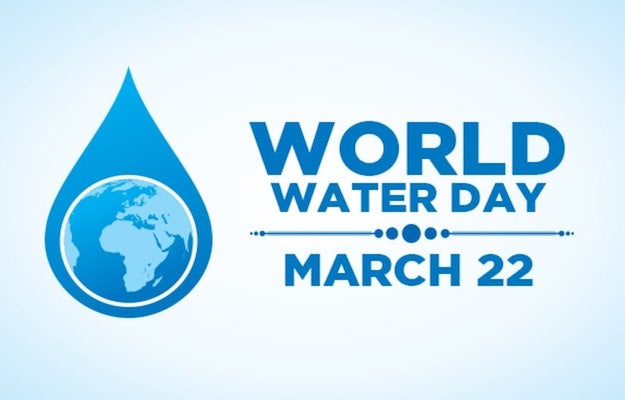Myth : Drinking water between meals is bad for the digestion
“Water is of the most essential building blocks of life. Beyond quenching thirst or protecting health, water helps in creating jobs and supporting economic, social, as well as overall human development”
Healthy soch
New Delhi, March 22, 2019:
Waterborne diseases are caused by drinking contaminated or dirty water. Water related diseases cause 3.4 million deaths each year. Globally, 80% of wastewater flows back into the ecosystem without being treated or reused, contributing to a situation where around 1.8 billion people use a source of drinking water contaminated with faeces, putting them at risk of contracting cholera, dysentery, typhoid and polio.
FACTS
- More than 163 million people in India do not have access to clean water, the highest in the world.
- India ranks 120 out of 122 nations for its water quality and 133rd out of 180 nations for its water availability.
- WHO estimates that, in India, about 38 million people are affected by waterborne diseases each year, of which over 75 percent are children; 780,000 deaths are attributable to contaminated water and more than 400,000 can be attributed to diarrhoea alone.
- 18 percent of the total rural population of 833 million have access to treated water.
- Only about one-third of rural households in India have access to piped water supplies.
- Diarrhoea is among the top reasons of under-five mortality
- 500 children under the age of five die from diarrhoea linked to unsafe water and sanitation in India.
- 1.47 crore Indians at high risk of cancer, due to arsenic contamination in water
- Around 35% of hospitals and health centres do not have running water and soap for hand washing
DEBUNKING THE MYTHS
Myth 1. Drinking water between meals is bad for the digestion: Drinking water between meals can probably reduce your appetite as your stomach feels full.
Myth 2. Fitness increases your risk of dehydration: Exercise can reduce your risk of dehydration. Fit people of any age sweat more, keeping the body cool.
Myth 3. Drinking lots of water will curb your appetite: The fact is that drinking lots of it would only keep you full for the time being.
Myth 4. When I use a water filter, my water will always be safe to drink: Even though water filters remove large contaminants like dirt, bacteria, and protozoan cysts, but viruses can be small enough to pass through the pores of a filter into your drinking water.
Myth 5. You might be thirsty when you think you’re hungry: That’s absolutely wrong. The fact, on the other hand, is that your body responds as per it s requirements. So when the body is sending the signals of hunger then it might be that you need to refuel your energy.
Myth 6. Drinking extra water is healthy for the skin: Since 60% of human body is made of water, therefore, drinking plenty of water will give you a healthy and glowing skin. However, the beauty of our skin is the result of genetics, diet, weather, lifestyle, etc.
Myth 7. Drinking 8 to 10 glasses of water is good for weight loss: There is no direct or indirect correlation between drinking water for weight loss. The amount of water you consume should be based on your size, activity level, diet and unique body chemistry and not to forget, the kind of climate you live in.
Myth 8. Everyone needs the same amount of water every day: the requirement for water depends largely on body mass, how physically active you are and the current state of your health and wellness. Also , the quantity of water intake also depends on the factors such as your weight, age, weight, medical history and various other factors.
Myth 9. Drinking excess of water is beneficial for your health: Drinking an excess amount of water is potentially harmful to the body as it would lower the concentration of salt inside the body. Water intoxication is considered to be a fatal situation when there is an excessive dilution of sodium in the blood. This happens because the kidneys are overworked, and cannot excrete an excess of water inside the body as urine.
The author of this article is Dr Sudeep Khanna, Sr. Consultant, Gastroenterology, Apollo Hospitals, Indraprastha.
healthysoch







